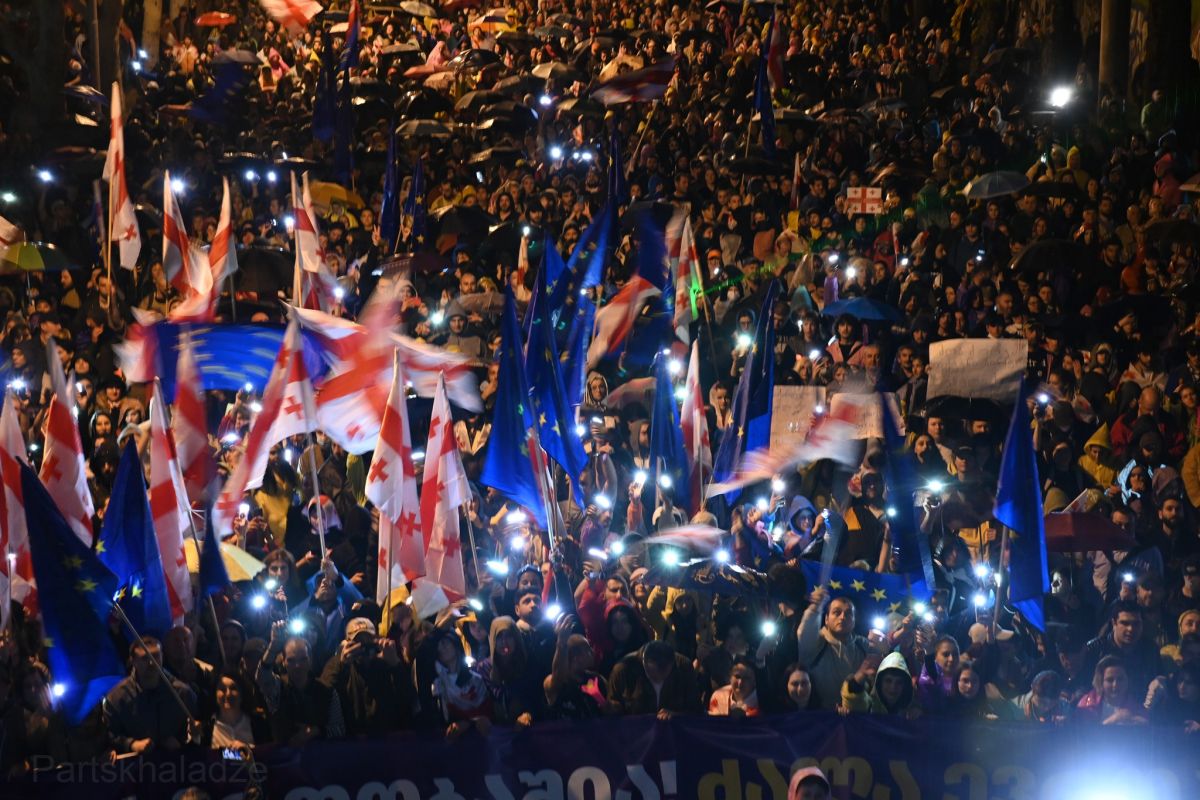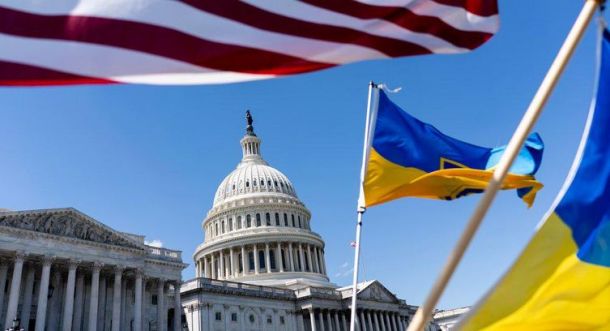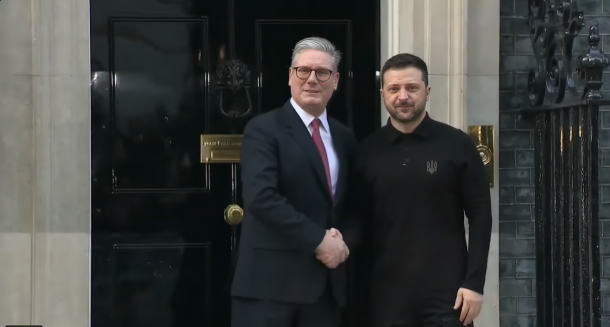Georgia Braces for Student Strike as “Agents’ Law” Heats Up

From Classrooms to the Streets: A Generation Takes a Stand
The student strike is a potent symbol of a generation refusing to remain silent. These young people, many born after the Rose Revolution of 2003 that ushered in a new era of democracy, have grown up with a vision of a free and open Georgia. Now, they see that vision threatened. Social media is abuzz with student voices, sharing stories of why they are striking. Maka K., a literature student at Tbilisi Academy of Arts, wrote, “We can’t study poetry while our right to free expression is under attack. We need to stand together for the future we believe in.” David M., a computer science student at the University of Georgia, echoed the sentiment, stating, “This law is about silencing criticism. We won’t be a generation that forgets the lessons of the past.”
A Law Shrouded in Controversy: Echoes of the Past
The “Agents’ Law” has a troubled history. A similar bill introduced in 2023 sparked mass protests, forcing the government, led by the ruling Georgian Dream party, to withdraw it. This time around, the government has attempted to appease critics by replacing the term “foreign influence agent” with the seemingly less confrontational “organization carrying the interests of a foreign power.” However, opponents see this as a mere cosmetic change. Critics point out that the law would require NGOs receiving more than 20% of their funding from abroad to register as “agents,” subjecting them to increased scrutiny and potential restrictions on their activities. This, they argue, is a thinly veiled attempt to target organizations critical of the government and stifle dissent.
International Condemnation and Domestic Discord
The proposed law has drawn sharp criticism from Georgia’s Western allies. The United States, NATO, and the European Union have all voiced their disapproval, expressing concerns that the law could undermine democratic values and jeopardize Georgia’s aspirations for EU membership. Adding to the pressure, President Salome Zurabishvili has emerged as a vocal critic, calling the legislation a “Russian law” that runs counter to Georgia’s democratic goals. This is a significant statement, given the long and complex history between Georgia and Russia.
A Climate of Fear and Intimidation
This international condemnation is mirrored by a deeply divided domestic landscape. Protests against the law have been ongoing for a month, with thousands taking to the streets in Tbilisi, Batumi, and other cities. However, these demonstrations haven’t been without consequence. Law enforcement has cracked down on protestors, leading to arrests and accusations of heavy-handed tactics. On the other hand, opposition figures and activists have faced violence and intimidation, creating a climate of fear and uncertainty. Unknown individuals have defaced the offices of NGOs and plastered threatening messages on the homes of journalists.
A Looming Deadline: A Nation Holds its Breath
With the student strike poised to begin, the pressure is mounting on the Georgian government. The legal committee will debate the final version of the bill on May 13th, followed by a full parliamentary vote expected on May 14th. The coming days will be a turning point for Georgia. Here are the potential outcomes:
- The Law Passes: This scenario could lead to a significant escalation of tensions. Further protests, international sanctions, and a deepening political divide within Georgia are all possibilities. The student strike could become a rallying point for wider dissatisfaction with the government.
- The Law is Rejected: This would be a major victory for the opposition and civil society, but the underlying issues may not be fully resolved. The government’s willingness to consider such legislation could continue to cast a shadow over Georgia’s democratic credentials.
- The Law is Stalled: This could offer a temporary reprieve, but wouldn’t address the root causes of the conflict. The “Agents’ Law” might simply resurface in a different form later.
The world will be watching Georgia with bated breath in the coming days. The student strike is a powerful act of defiance, and its success or failure could have a profound impact on the country’s future trajectory. Will Georgia choose the path of democracy and freedom, or will it succumb to the allure of authoritarianism? Only time will tell.





Leave a Reply